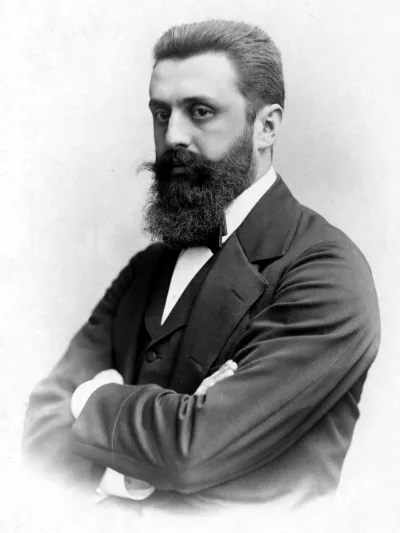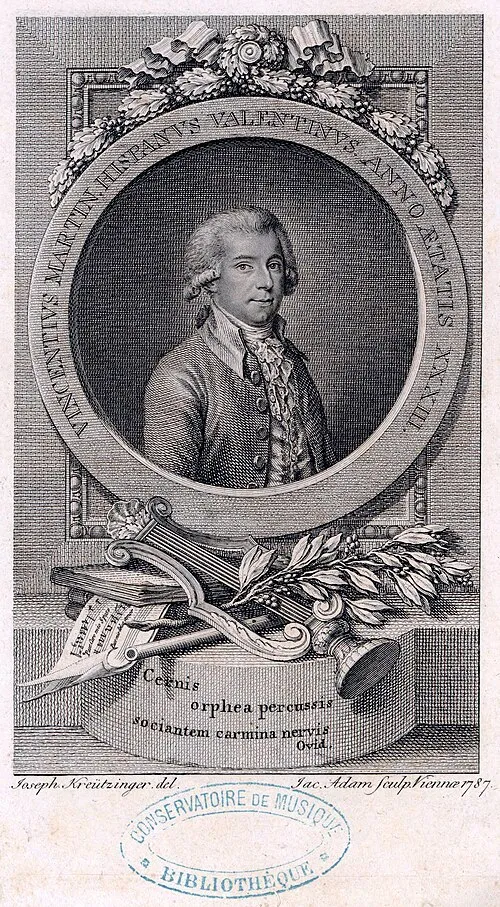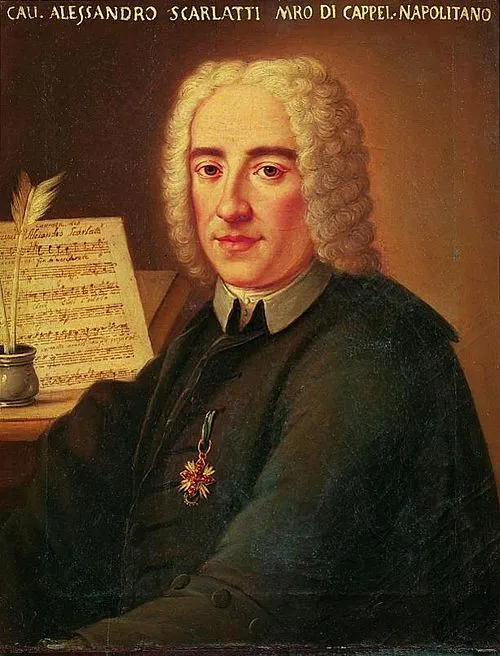
Full Name: Roscoe Lee Browne
Birth Year: 1922
Death Year: 2007
Nationality: American
Profession: Actor and Director
1922 – Roscoe Lee Browne, American actor and director (d. 2007)
Theatrical Career
Browne made his Broadway debut in 1960 in the play “A Raisin in the Sun,” where he played the role of George Murchison. His powerful performances earned him critical acclaim, and he soon became a prominent figure in the theater community. Throughout the 1960s and 1970s, Browne appeared in numerous productions, showcasing his versatility as an actor. His work in plays such as “The Mighty Gents” and “The Temptations” helped to establish him as a formidable force in the world of American theater.
Film and Television Appearances
In addition to his theatrical successes, Roscoe Lee Browne had a prolific career in film and television. He became known for his roles in classic films such as “The Cowboys” (1972), where he starred alongside John Wayne, and “The Lion King” (1994), where he voiced the character of the wise mandrill, Rafiki. His performances were always marked by a unique blend of charm and depth, captivating audiences of all ages.
Television also featured Browne extensively, with notable appearances on popular shows such as “The Cosby Show,” “The Fresh Prince of Bel-Air,” and “Star Trek: Deep Space Nine.” Each role showcased his adaptability and skill as an actor, allowing him to connect with diverse audiences across various formats.
A Life Beyond Acting
Beyond his on-screen and stage performances, Browne was also known for his work as a director and educator. He dedicated a significant part of his life to mentoring young actors and promoting the importance of arts education. His commitment to nurturing talent and encouraging diversity in the arts remains an inspiring legacy for future generations.
Honors and Awards
Throughout his illustrious career, Browne received numerous accolades for his contributions to the arts. In recognition of his talent, he was awarded an Obie Award in 1965. His life and work have continued to inspire and influence countless performers and artists.
Roscoe Lee Browne: A Life of Art and Expression
In 1922, amidst the vibrant backdrop of New Jersey, a child named Roscoe Lee Browne took his first breath. Born into a family where the power of storytelling was woven into the fabric of their lives, he quickly learned that art could transcend the mundane. His early years were marked by the rhythm of jazz and the narratives spun from his parents’ experiences an environment that nurtured his creativity and set him on a remarkable path.
However, this journey was not devoid of challenges. Growing up in a society rife with racial prejudice during an era defined by segregation, Browne faced hurdles that many would find insurmountable. Yet these very obstacles served as fuel for his passion; instead of succumbing to despair, he channeled his experiences into performances that echoed with authenticity.
Browne’s foray into acting began at an early age. As a young man attending Lincoln University in Pennsylvania a historically black university known for producing influential leaders he immersed himself in both academics and theatre. It was here, perhaps somewhat unconventionally, where he discovered not just a talent but an innate calling to perform on stage under bright lights.
Following graduation in 1944, Browne enlisted in the Army during World War II. This chapter added depth to his character and life experiences; he served as an officer with distinction but ironically found himself drawn back to art once more after returning home. It was then that he began to hone his craft further a journey filled with late nights spent rehearsing lines while living among artists who shared similar dreams.
The late 1950s ushered in significant milestones for Browne's career as he found work in New York’s thriving theatre scene. His breakthrough came when he joined Joseph Papp’s Public Theater a place renowned for showcasing diverse voices during tumultuous times where audiences were treated to performances replete with nuance and vigor! This period marked the beginning of what some might argue is one of America’s most underrated theatrical careers!
Browne's deep baritone voice became instantly recognizable; it resonated through theatrical halls like thunder echoing across vast landscapes! He possessed a magnetism on stage unmatched by many drawing audiences into every character he portrayed while challenging them to reflect upon their own humanity through poignant storytelling.
Ironically enough though… despite achieving great success on stage during this time period including memorable roles such as Othello the broader film industry remained elusive! Hollywood seemed hesitant to embrace African American actors fully; however… fate had other plans! In 1970, Browne landed what would become one of his most iconic roles: voicing characters such as Bagheera in Disney’s animated adaptation “The Jungle Book.” This role allowed him not only visibility within mainstream media but also paved ways for future generations interested in pursuing careers within animation!
The Transition: From Stage Star to Screen Legend
This transition from theatre legend towards becoming synonymous with cinematic excellence occurred simultaneously across multiple platforms throughout ensuing decades from television shows like “The Cosby Show” where he showcased both comedic timing along serious themes down towards engaging dramatic pieces reflecting societal struggles prevalent today!









